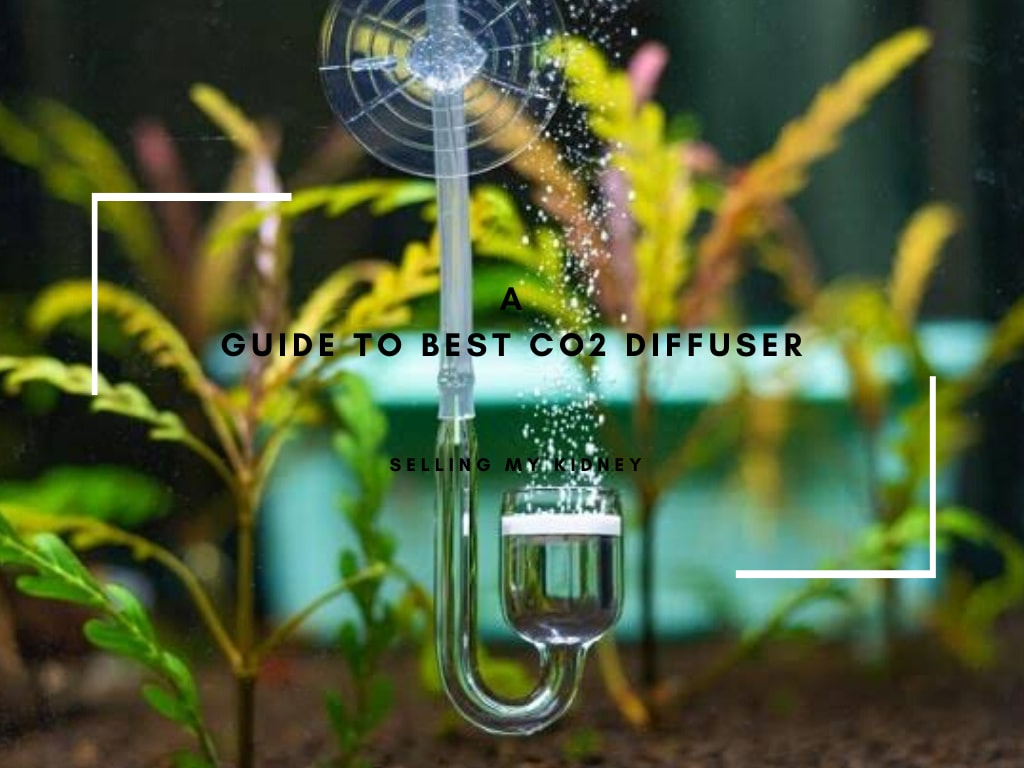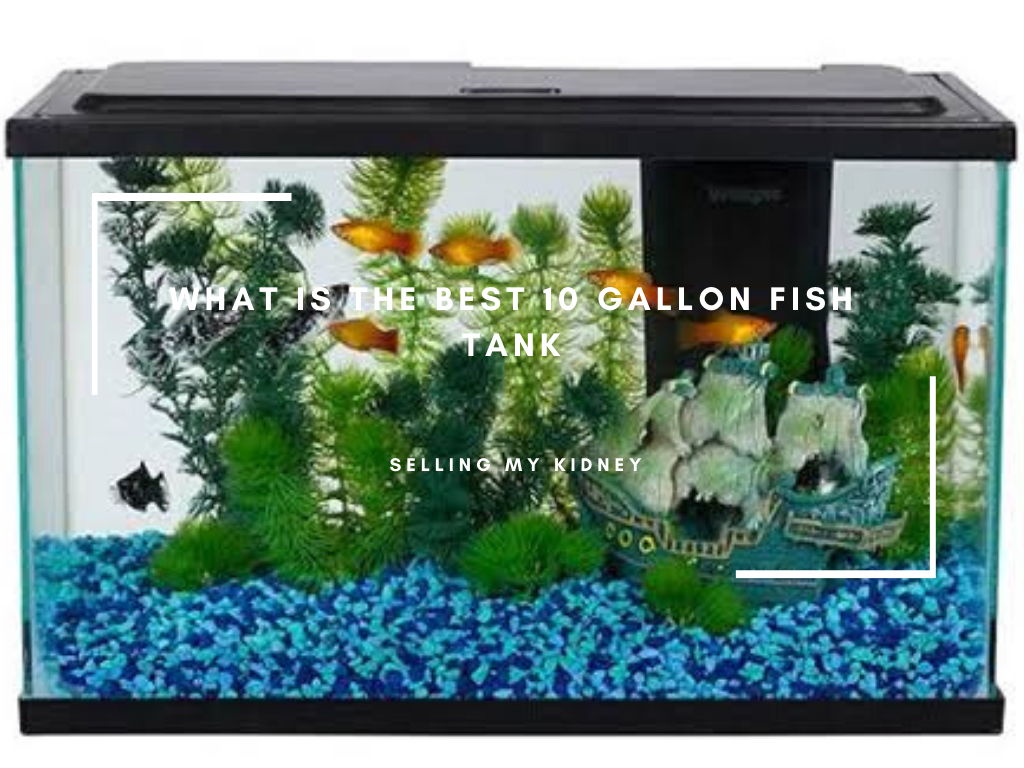My aquarium filter makes noise for a variety of reasons.
It could be due to the motor, impeller, or air pump; it might also be caused by debris clogging up the intake tube and blocking water flow.
I think this is one of those things that can really drive you crazy!
But luckily, there are some simple steps we can take to reduce or eliminate these noises:
- Cleaning out any blockages in your tank’s filtration system regularly.
- Checking if all parts are securely attached and functioning properly.
- Replacing worn-out components with new ones when necessary.
Additionally, using an anti-vibration mat underneath your filter will help absorb sound waves from its operation – ensuring our fishy friends have peace and quiet while they swim around their homes!
Common Causes Of Noisy Aquarium Filters
Noisy aquarium filters can be a nuisance, but they are usually caused by common issues.
These include:
- Air bubbles in the filter media or tubing;
- Clogged intake tubes and impellers;
- Loose parts such as screws, nuts, and bolts;
- Worn out bearings on motor shafts;
- Debris buildup inside the filter housing or pump chamber blocks water flow to the outlet tube.
Additionally, your tank can be overstocked with fish.
In that case, it may cause too much waste for your filtration system to handle. That could lead to noise from an overloaded motor trying to keep up with demand.
Lastly, some pumps come equipped with adjustable speed settings, so ensure you have yours set correctly according to manufacturer instructions.
Running at higher speeds than recommended will often result in loud noises from within!
How To Troubleshoot And Fix Noisy Aquarium Filters?
Troubleshooting and fixing noisy aquarium filters can be a tricky task.
Here are some tips to help you out:
- Check the filter for any blockages or debris that may have built up over time, such as leaves, twigs, or other organic matter; remove these if necessary.
- Ensure all filter system parts are securely attached and properly connected – including hoses, pipes, and fittings. Tighten them if needed using pliers/spanner (if applicable).
- Inspect your pump impeller for wear and tear – replace it with an identical one from the same manufacturer when required; check motor bearings too!
- Clean off any algae buildup on intake strainer screens by gently brushing away with soft brush/cloth material before reassembling them back into place afterward.
- If the noise persists after the above steps are taken. Consider replacing the entire unit to ensure optimal performance levels remain consistent throughout its lifetime usage period(s).
Important facts about troubleshooting noisy aquarium filters include the following:
- They should always be checked regularly so potential problems can be identified early on, which will save both money and hassle down the line later. In addition, make sure the water flow rate is not too high either. Otherwise, excessive turbulence could cause loud noises due to being forced through narrow openings at higher speeds than normal!
How To Check If The Noise Is Normal Or Abnormal?
Checking if the noise is normal or abnormal can be done in a few simple steps.
- You should identify what type of sound it is: mechanical (e.g., from an engine), electrical (e.g., buzzing), or environmental (e.g., wind).
- Compare the sound too similar sounds that are normal for your environment and equipment. This could include noises like fans running on computers and air conditioners humming outside windows.
- Consider how often the noise occurs – does it happen regularly? Is there any pattern associated with when it happens?
- Ask yourself whether anything has changed recently that might explain why you’re hearing something different now than before. Such as new machinery being installed nearby or changes to existing systems/equipment around where you live/work.
If all these checks come back negative, chances are high that whatever noise you’re hearing isn’t ‘normal’ and may need further investigation!
How To Prevent Noisy Aquarium Filters?
Noisy aquarium filters can be a nuisance.
To prevent them from being too loud, there are several steps you should take:
- Make sure the filter is properly installed and secured to the tank;
- Check for any air bubbles in the tubing or hoses that could cause noise;
- Use foam paddings around noisy parts of your filter, such as impellers and motors;
- Clean out debris regularly so it doesn’t clog up your filtration system. which will reduce its efficiency and make more noise when running.
Additionally, using an external powerhead instead of an internal one may reduce sound levels since they don’t have to work against gravity like others.
Finally, if all else fails, consider investing in quieter models specifically designed for low-noise operation.
These usually come at a higher price tag, though!
How To Maintain And Clean An Aquarium Filter To Prevent Noise?
Maintaining and cleaning an aquarium filter is important to prevent noise.
Here are some tips:
- Check the intake tube regularly for blockages or debris that can cause loud noises; remove any obstructions with a soft brush.
- Clean the sponges in your filter every two weeks, using tank water only – never tap water! This will help keep it running smoothly and quietly.
- Replace carbon filters when they become clogged, as this could lead to noisy operation of your filtration system.
- Make sure all hoses connected to the pump are securely fastened, so there’s no air leakage which causes vibrations leading to noise pollution in your fish tank environment!
- Keep an eye on impeller blades – if these get worn down over time, then you may need to replace them before they start making too much racket inside of your aquarium setup!
By following these simple steps, you’ll be able to maintain and clean an aquarium filter properly while preventing unnecessary noise from occurring within its vicinity.
In Conclusion: Why Does My Aquarium Filter Make Noise?
My aquarium filter makes noise because it is a mechanical device that uses pumps and motors to move water through the filtration system.
The sound of these components can be loud, but there are ways to reduce or eliminate this noise.
For example:
- using an air pump instead of a motor-driven one;
- adding foam insulation around the tank walls;
- placing rubber mats underneath your equipment;
- and regularly cleaning out any debris inside the filter will help keep things quiet in your fish tank!
Having some background white noise from our tanks adds character – as long as it’s not too overwhelming for us humans!




